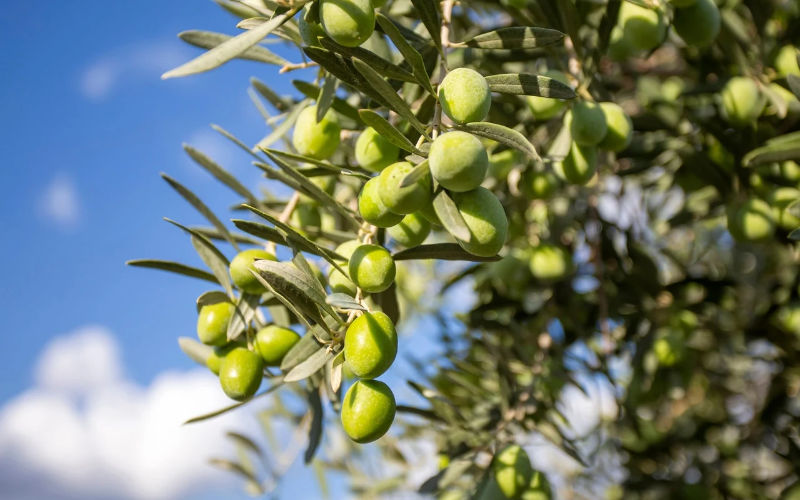Turkey’s Olive Gene Bank Ranks Third Globally, Preserves 364 Varieties

İbrahim Yumaklı, the Turkish Minister of Agriculture and Forestry, stated that the olive genetic material bank in Izmir has genetic material from 364 distinct olive varieties from 18 countries, including Morocco, France, Greece and Chile.
The olive genetic material bank in Izmir is the third largest in the world, after those of Marrakech (Morocco) and Cordoba (Spain). This bank preserves 100 indigenous Turkish olive cultivars, thus strengthening the nation’s botanical heritage, reports Hurriyetdailynews.com. It also consolidates Turkey’s role in the global conservation of olive biodiversity.
İbrahim Yumaklı assures that his department provides multifaceted support to olive producers through 15 distinct incentive programs. Over the past 15 years, 14 new cultivars have been officially registered and integrated into the national variety list, he said, noting that these certified varieties are distinguished by their superior yield and exceptional quality. Moreover, they are able to generate substantial economic benefits at both the regional and national levels.
The minister explained that genetic selection plays a crucial role in olive improvement, and facilitates the refinement of existing varieties. "Clonal selection studies on the Ayvalık and Domat cultivars are ongoing. Furthermore, in-depth research is being conducted to improve the resilience of approved varieties to biotic and abiotic stress factors," Yumaklı specified.
Today, Turkey is a major global olive producer. Last year, the country recorded the highest olive harvest in its history, with an extraordinary yield of 3.75 million tons. The area under olive cultivation in Turkey continues to grow, currently covering an impressive 903,061 hectares, Yumaklı said, reaffirming his country’s commitment to increasing its olive production capacity.
Related Articles
-

Morocco’s Trade with Israel Soars: Textile and Agri-Food Exports Defy Protest Movement
11 September 2025
-

Marrakech Defies National Trend: Luxury Real Estate and Land Sales Soar Amid Market Slowdown
11 September 2025
-

Rabat Defies Trend as Morocco’s Real Estate Market Splits in 2025
11 September 2025
-

Morocco’s $38 Billion Infrastructure Boost: Paving the Way for Economic Growth and Global Connectivity
10 September 2025
-

French Sardine Crisis: Morocco’s Overfishing and Climate Change Spark Shortage
10 September 2025